Thanks, COVID
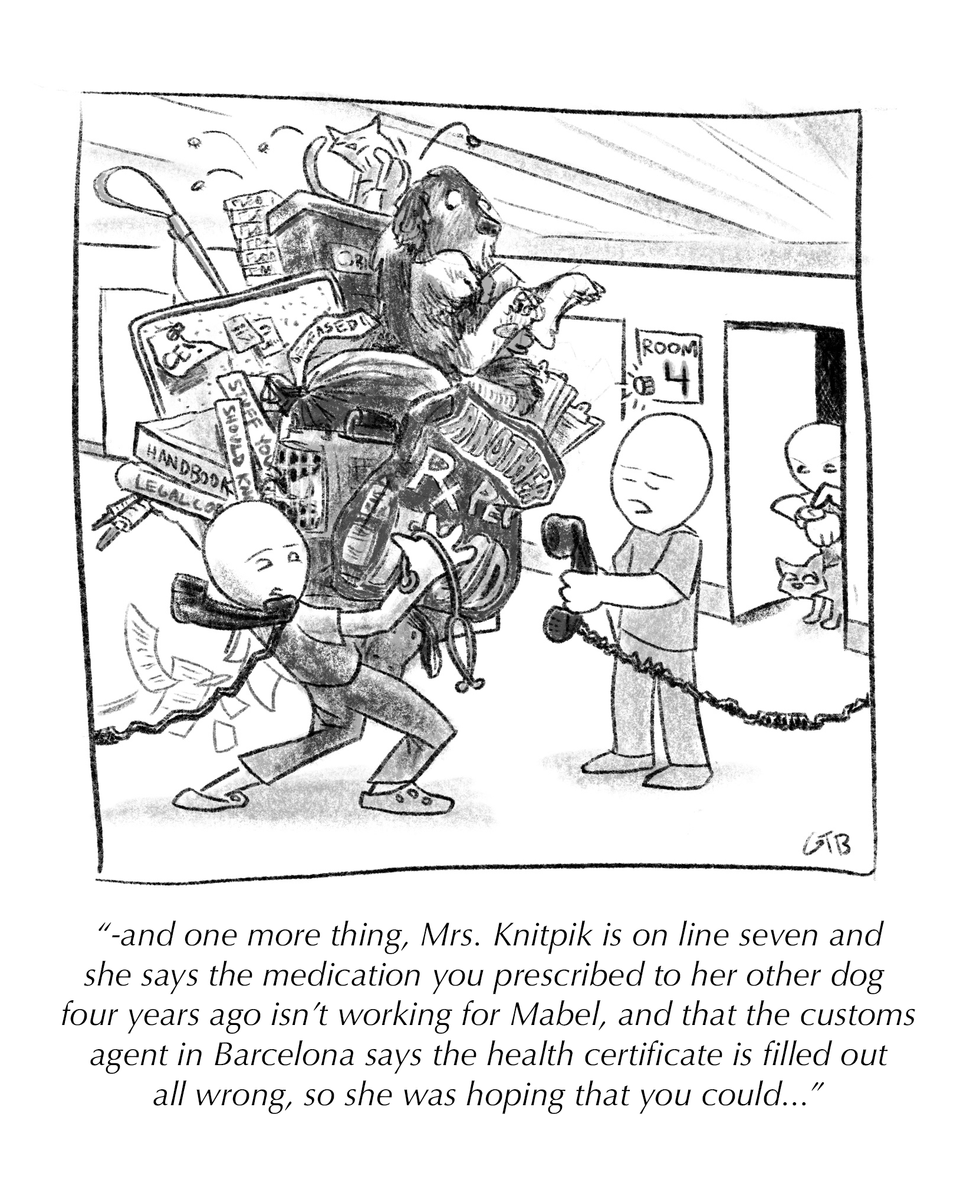
I was talking to a colleague at a very busy ER, and she expressed gratitude for the COVID-19 pandemic. Not for it's headline accomplishments: millions of deaths, erosion of trust in science, escalating tensions across the world and across the Thanksgiving dinner table. Those are all bad. But, she was saying, since they happened anyway, one good takeaway was that it had forced many people to recognize their limits.
In the veterinary profession, finding that limit was an ugly process. To anyone who experienced a delay in getting veterinary care in the last three years, I sincerely apologize. But you need to understand that the crisis we went through was unprecedented. I mean that literally, I had vets with nearly 40 years of experience telling me they had never seen anything like it. COVID caused a huge surge in demand for veterinary care (known as the Strain on Healthcare Teams that Sorta Happened Widely = SHTSHW) that pushed everyone to the limit. Day after day we tried to mop away the various biohazardous and malodorous body fluids from our clinic floors only to live the nightmare again the next day.
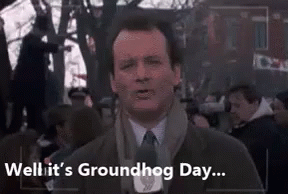
Humans, love 'em or leave 'em, have a whole number of annoying constraints: they need food, water, air, sleep, chairs to sit on, occasional compliments, mental health breaks, et cetera. There's only so much that people can do in a certain amount of time. I can comfortably see 10-15 patients in a 12 hours ER shift, uncomfortably see upwards of 20, but am unable to see 50 (I mean, I could look at them, but not examine, diagnose and treat them). Veterinarians, veterinary technicians, kennel attendants, receptionists (="CSRs") are all humans. Trust me. I know they seem weird, but they're humans. With limitations.
So finally (every practice came to grips at their own pace) people said enough. In GP, this led clinics to stop accepting new patients. No more room. On the ER side, clinics called a "hard capacity", which said, Sorry, we're full.
SORRY, ACTUALLY TRULY SORRY BUT NOT GONNA CHANGE
As you can imagine, not all clients react gracefully to "hard capacity". Rejection hurts (why am I recollecting high school crushes right now?). We're aware that this rule will (1) piss clients off, (2) and generate no revenue for the clinic. These are considered mortal sins in veterinary practice, so don't worry, we feel bad enough about it already.
The whole point is that feeling bad was a symptom of the problem, not a strategy to fix it. Fortunately, bravely, and with conviction, clinics stated that they could go no further. They were exhausting their human and non-human resources like frat boys desperately pumping away at an empty keg. Eventually we had to recognize that we were out.
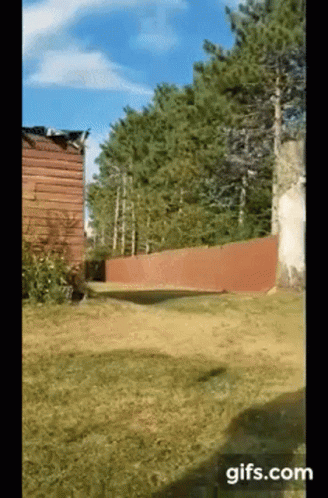
I saw this first hand, in different types of clinics across the board, and it was rough. Patient care suffered, employees walked out; it was chaos. It was a brutal and ugly wake up call, but fortunately it forced us to admit we couldn't do it all. It's remarkable that we went on that long, probably our collective impostor's syndrome. We just sorta went along haplessly, thinking we should be able to do it because somebody, somewhere was still doing it
But that was always bullshit. At some point, the collective weight of the burden we were carrying hit us all. Running on empty only works when you can coast to the finish line. If you want a sustainable practice (and profession, for that matter), you need to see clearly when you're depleting faster than renewing.
All sorts of industries were disrupted by COVID, and it always fell on individuals to bear the strain. To get to a career in veterinary medicine, people often develop a reflexive "Yes I can!" attitude. It's a good one to have when the diarrhea is heading towards the fan. But what this horrific experience taught a lot of us was that it's okay to admit, "We can't". And to not judge ourselves too harshly for it. It was an honest self-assessment, and it was the right call.


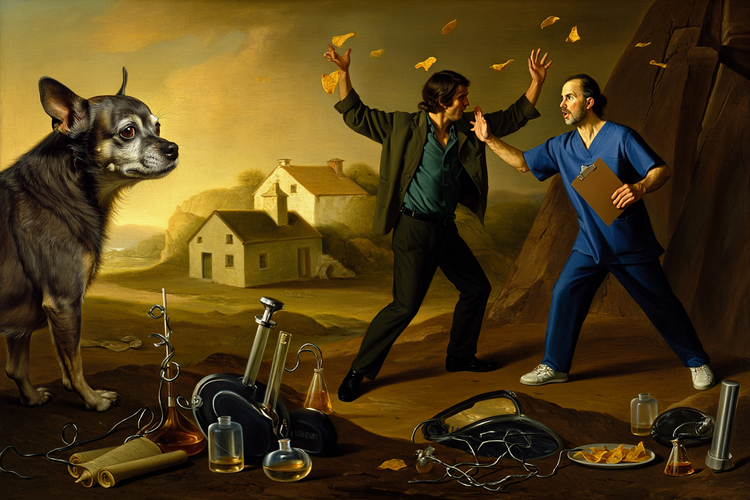
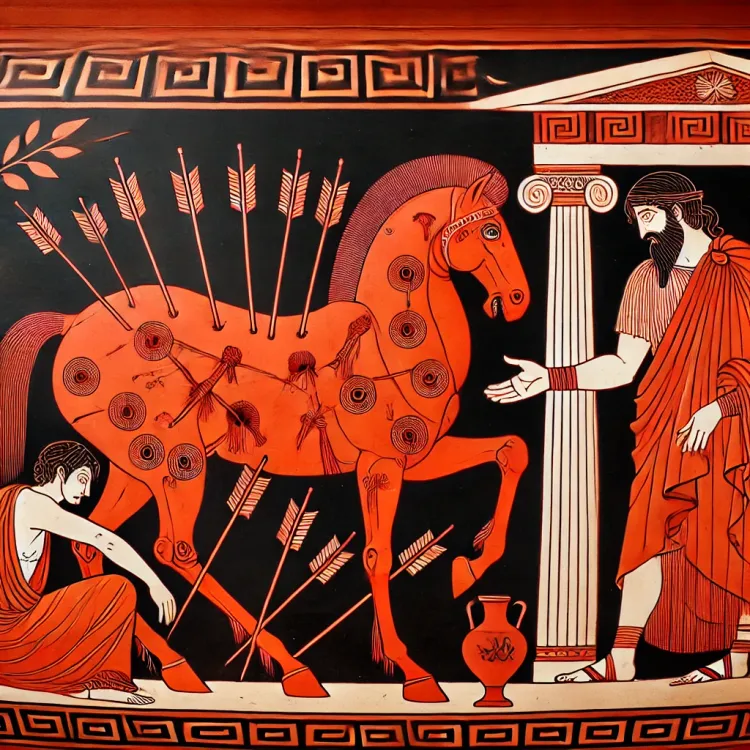
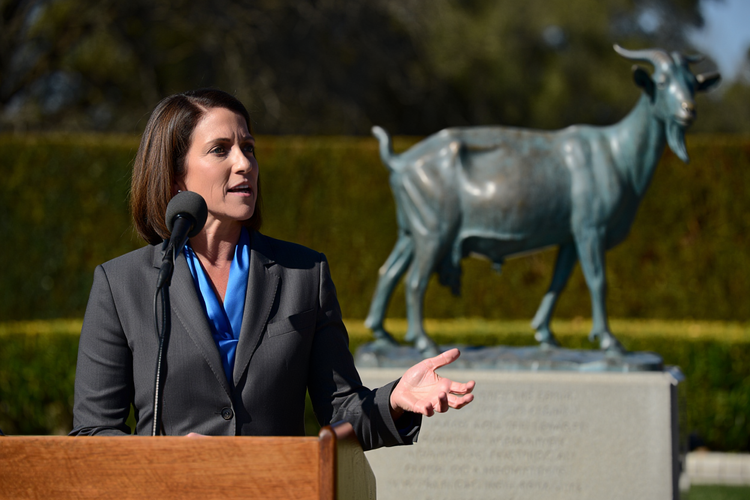
Comments ()